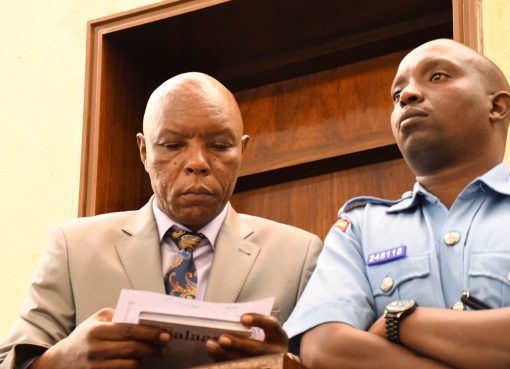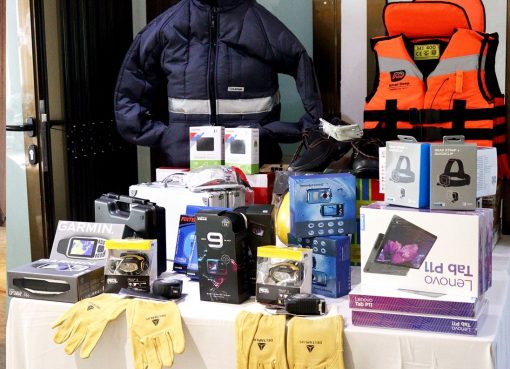A Kirinyaga civic leader, Peter Chege wants heavier taxes imposed on rice imports into the country to protect local industry from unfair competition.
Chege said that cheap and poor quality grains from neighbouring countries were finding their way to the Kenyan market at the expense of locally grown rice in the revived irrigation schemes.
Chege further accused some unscrupulous traders of importing rice disguised as other products to evade tax noting that the move had led to flooding of the market with the grain.
“Some traders cheat that they are importing broken rice which attracts less taxation when in the actual sense they are bringing in rice for sale in the local market,” he claimed.
Speaking at his rural home in Wang’uru, Kirinyaga County on Tuesday, the farmer cum business man said the government had invested a lot of money in Mwea irrigation schemes where rice is grown.
He cited Mwea irrigation scheme where prices of paddy rice have fallen from sh.8, 000 to sh.6, 000 per bag in the past few months despite the bumper harvest.
Some dealers have been blending the poor quality imports with the locally grown rice to cheat their customers and in the process make huge profits.
Mwea produces up to 80, 000 metric tons of rice, valued at shs.5.05 billion which is over 80 percent of the grain consumed in the country and the rest is imported mainly from Pakistan and other Asian countries.
But a rice cooperative official in Mwea, James Njoka said the prices were likely to fall even further when the crop is
harvested in August which will impact negatively on the economy.
“We need to safeguard the interest of thousands of our people who rely on rice farming by controlling imports,” said the farmer.
The Kirinyaga Deputy Governor, Peter Ndambiri reacting to the rice farmer’s concerns over the cheap imports said he would be consulting with the Kenya Revenue Authority (KRA) to sort out the issue.
Ndambiri said the shs.19 billion Thiba dam construction going on at the moment will enable the farmers cultivate rice all the year around with the production also expected to double.
By Irungu Mwangi



